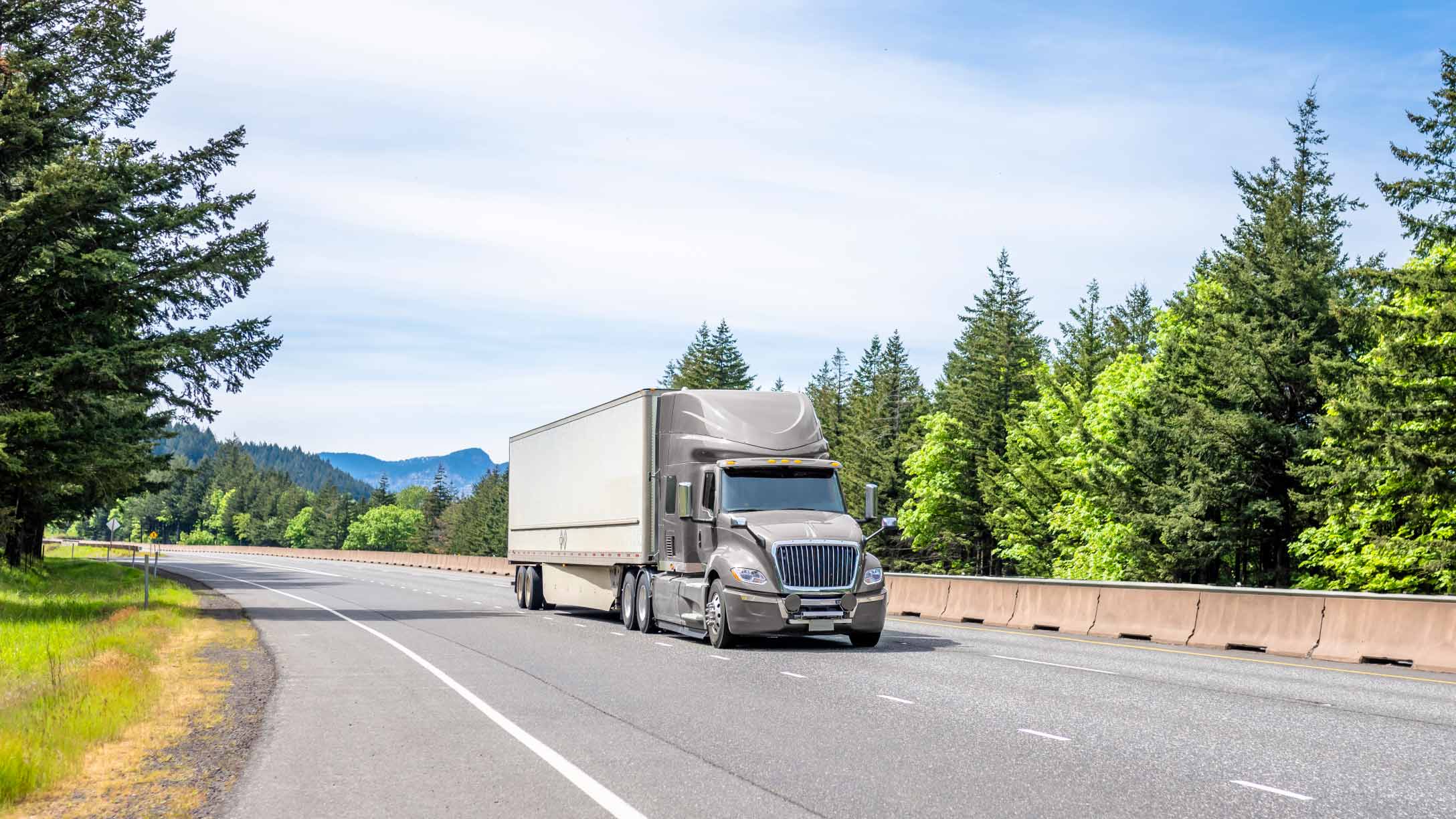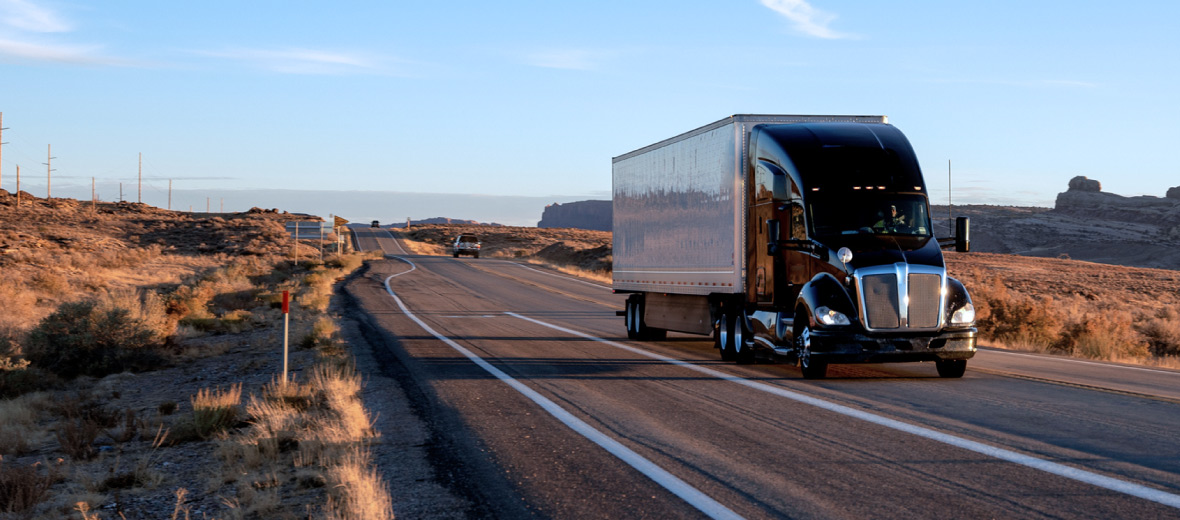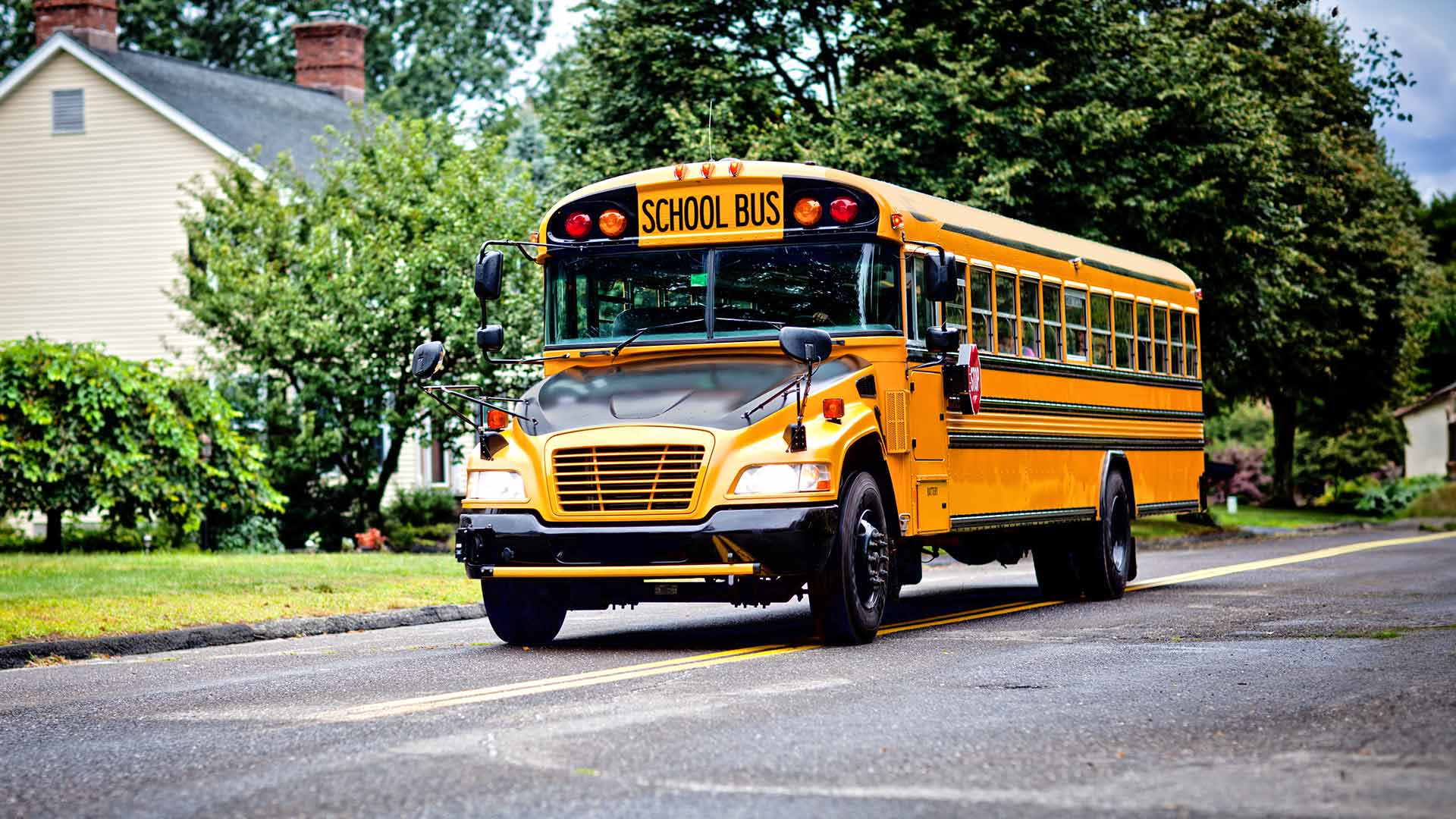Clean Truck Check: How to comply with California's standards [2025]
CARB's Clean Truck Check affects all fleets driving in California. Read on to answer your questions about the requirements, including Clean Truck Check registration, certificates and fees.

Key Insights
- Compliance Deadline: January 1, 2025
- Applies to: Heavy-duty trucks (GVWR over 14,000 lbs) operating in California
- Requirements: Vehicle registration, emissions testing, certificate acquisition and data submission to CARB
Heavy-duty vehicles make up only 3% of vehicles on California roads, yet they contribute to over 50% of smog-causing pollution.
The California Clean Truck Check requires that any fleet that operates heavy-duty trucks in the state must periodically test applicable vehicles for emissions and report the data to the California Air Resources Board (CARB). This includes trucks based in California and out-of-state trucks in California.
Fleets that don’t comply with the CARB state requirements face fines of up to $10,000 per vehicle per day, and out-of-state trucks may be restricted from operating in California.
Let's walk through the compliance steps, deadlines and technology fleet managers need to know.
What is the CARB Clean Truck Check program?
The Clean Truck Check, also known as the Heavy-Duty Inspection and Maintenance (HD I/M) Program, is a California Air Resources Board (CARB) initiative designed to reduce emissions from heavy-duty vehicles. It requires fleet operators to:
- Register their vehicles with CARB
- Conduct regular emissions tests
- Submit emissions data for compliance verification
The Clean Truck Check aims to help fleets identify high-emitting trucks so they can repair malfunctioning vehicle systems and reduce their emissions. Although heavy-duty vehicles only make up 3% of the vehicles on the state’s roads, they are responsible for over half of the smog-causing pollution and fine particulate matter from vehicles.
CARB estimates that the new program will prevent 7,500 air-quality related deaths as well as 6,000 hospitalizations and emergency room visits from 2023 to 2050. It should also deliver $75 billion in health benefits – over 18 times the estimated $4 billion cost of the program.
Clean Truck Check exemptions
While the Clean Truck Check program mandates emissions testing for the majority of heavy-duty vehicles, specific categories are exempt, including:
- Zero-emissions vehicles
- Authorized emergency vehicles
- Military tactical vehicles
- Motorhomes registered outside of California
- Historical vehicles
- Vehicles operating under an experimental permit
- Gasoline vehicles
- New vehicles with engines certified to the most stringent optional NOx emissions standard
What does the Clean Truck Check mean for your fleet?
Starting January 1, 2025, fleets that operate in California have new legal obligations under the Clean Truck Check program. Broadly speaking, fleets have to incorporate regular emissions testing and data submission into their compliance or maintenance schedules and consider how they want to comply with the requirements.
There are four methods for fleets to collect and submit their emissions-related data to remain in compliance:
- Use of a certified testing facility: These facilities are operated by approved independent contractors and require fleets to send their vehicles in for regular testing.
- Utilize a Portable Emission Acquisition System (PEAQS): These roadside systems collect a snapshot of emissions data from your fleet vehicle.
- Utilize in-house non-continuously-connected OBD scan tools: This requires a trained employee in-house to manually collect emissions data from your fleet vehicles.
- Employ a telematics device to collect and transmit data continuously: By utilizing a telematics device, fleets can collect and upload emissions data without interfering with vehicle uptime.
Fleets must complete administrative requirements before conducting their vehicle emissions tests.
These requirements include registering vehicles with CARB, paying the annual Clean Truck Check vehicle fee, getting truck certificates and generally ensuring vehicles are in good repair in preparation for testing.
Steps needed to meet the Clean Truck Check requirements
1. Identify applicable vehicles
First, conduct a thorough inventory of your fleet to accurately determine which vehicles fall under the Clean Truck Check program's regulations, specifically those with a Gross Vehicle Weight Rating (GVWR) exceeding 14,000 pounds and powered by diesel or alternative fuels. This prevents unnecessary expenses and ensures all applicable vehicles are addressed.
2. Determine compliance deadlines
Determine when your vehicles’ fleet compliance deadlines are (it’s based on DMV registration expiry dates). It's also a good idea to register for email alerts with the CARB regulatory board to be notified about any upcoming deadlines and program changes.
3. Register fleet vehicles
Register fleet vehicles and pay the $31.18 compliance fee for each vehicle. Registration is conducted through the CARB's Clean Truck Check online portal and can be made via credit card and electronic transfer.
Failure to register vehicles or pay the compliance fee by the specified deadlines can result in penalties, including fines and potential DMV registration blocks.
4. Complete and submit emissions tests
Complete emissions tests on applicable vehicles using one of the four methods described above: certified testing facility, PEAQS, non-continuously-connected OBD scan tools or a continuously connected telematics device. If using a telematics or vehicle tracking device, check with your provider to ensure they are CARB-compliant.
Submit test results to CARB within 90 days of applicable deadlines. After successfully completing tests, vehicles will receive a certificate of compliance and can operate in the state of California.
5. Prepare for ongoing testing
Train drivers on requirements, including keeping certificates handy in applicable vehicles to ensure access to freight facilities. Additionally, if using a T-harness to connect a telematics device, ensure it meets CARB’s aftermarket parts regulations.
How telematics helps streamline CARB compliance
Geotab's CARB-certified Clean Truck Check solution enables fleets operating in and driving through California to seamlessly comply with the state's environmental regulations.
The solution uses one of the few continuously connected solutions that support both the J1939 and J1979 protocols and offers all installation options (including using a T-harness) for continuous emissions data collection.
With Geotab's telematics solution, including our exclusive Emissions Diagnostics Report, fleets get:
- Effortless Reporting: Automatically create and submit CARB-compliant emissions reports for seamless compliance and know when reporting deadlines are approaching.
- Continuous Connectivity: Ensure seamless and continuous data transmission. It's the only aftermarket solution granted an exemption by CARB from the anti-tampering provisions of the California Vehicle Code, allowing the device to stay connected while keeping the OBD port free for other uses.
- Streamlined Operations: No need to remove vehicles from duty cycles for manual testing or manage fleet needs on separate platforms.
- Maintenance Insight: Know when trucks have passed or failed testing and need maintenance to comply.
- Future-Proof Compliance: Stay ahead of increasing testing requirements and potential adoption of similar regulations in other states.
The MyGeotab platform can also help fleets reduce costs by identifying and reducing idling, optimizing routes, proactively managing fleet maintenance and more.
Streamline CARB compliance with certified technology
Starting January 1, 2025, the CARB Clean Truck Check program requires heavy-duty vehicles operating in California to undergo semi-annual emissions testing and reporting.
Non-compliance can result in significant financial penalties, including fines of up to $10,000 per vehicle per day, and may even prevent out-of-state trucks in California from operating.
To meet these requirements, fleets can utilize various methods, including certified testing facilities, portable emissions systems and telematics devices.
Geotab’s CARB-compliant GO9 family of devices can automatically collect the required emissions data from vehicles and submit it to CARB, eliminating manual emissions testing and maximizing vehicle uptime.
Fleets across the U.S. can use a GO9 device, a certified T-harness and our exclusive Emissions Diagnostics Report to ensure they comply with the California Clean Truck Check while also benefiting from improved efficiency and reduced costs.
Subscribe to get industry tips and insights
Frequently Asked Questions
Access the CARB Clean Truck Check Portal to log in and manage your fleet’s compliance.
To obtain a certificate, complete these steps:
- Register your vehicle in the CARB system.
- Pay the compliance fee ($31.18 per vehicle in 2025).
- Conduct an emissions test and submit results.
Download the certificate from the portal upon approval.
As of January 1, 2025, the annual Clean Truck Check fee increased to $31.18 from $30 in 2024.
Yes, out-of-state trucks may operate in California, but they must meet the same Clean Truck Check requirements as in-state vehicles.
The Geotab Team write about company news.
Table of Contents
Subscribe to get industry tips and insights
Related posts

What is government fleet management software and how is it used?
April 10, 2025
3 minute read

Beyond the road: Enhancing school bus interior safety with advanced technology
April 10, 2025
5 minute read

60+ trucking industry statistics: trends + outlook for 2025
April 8, 2025
6 minute read

Enhancing student bus safety: Combating distracted driving in the digital age
April 7, 2025
6 minute read

How a data driven policing environment elevates your department’s potential
March 24, 2025
4 minute read
